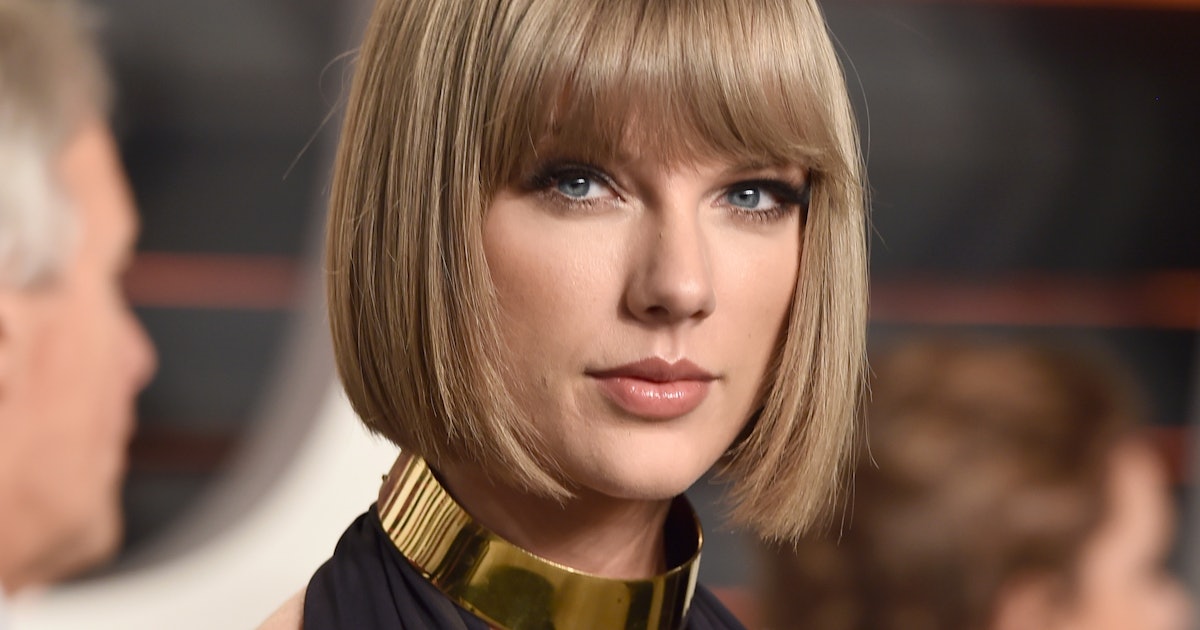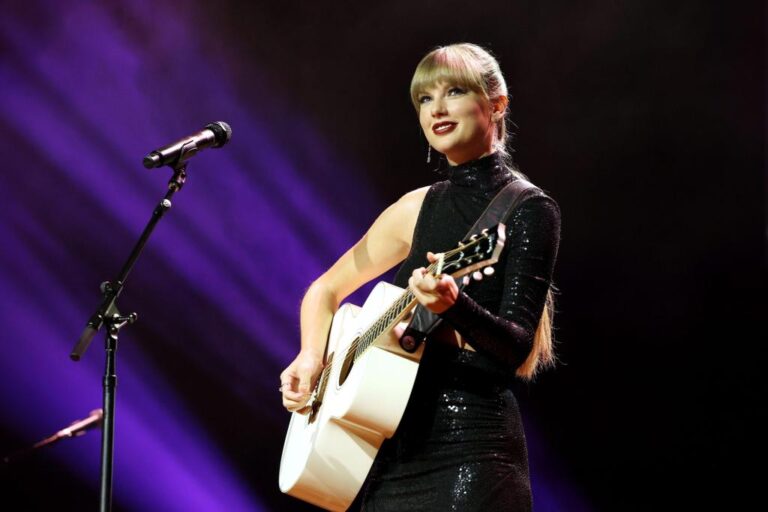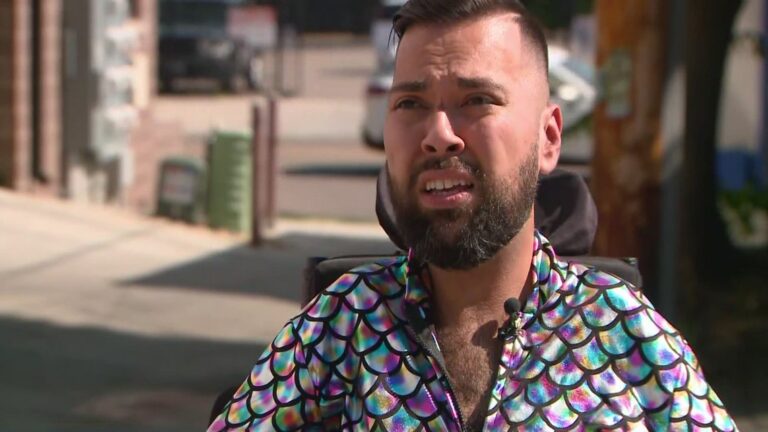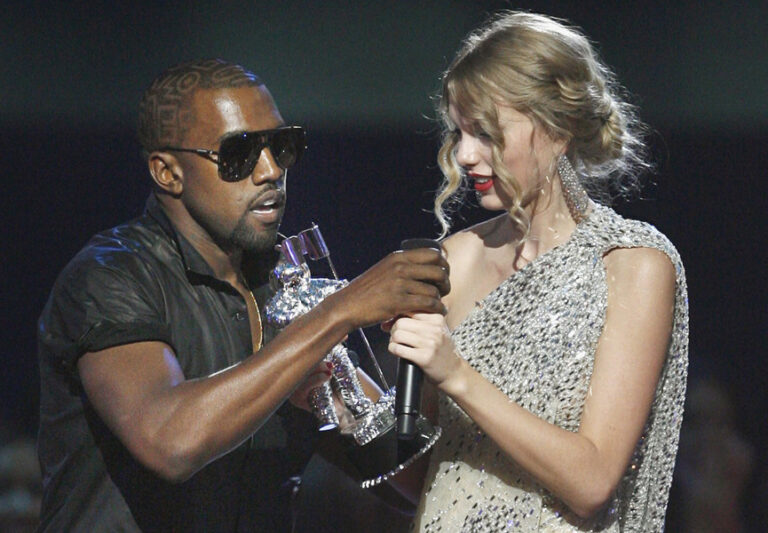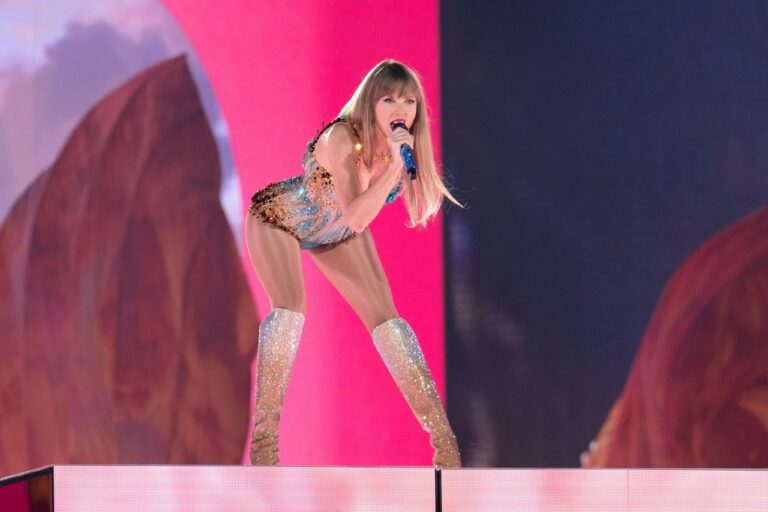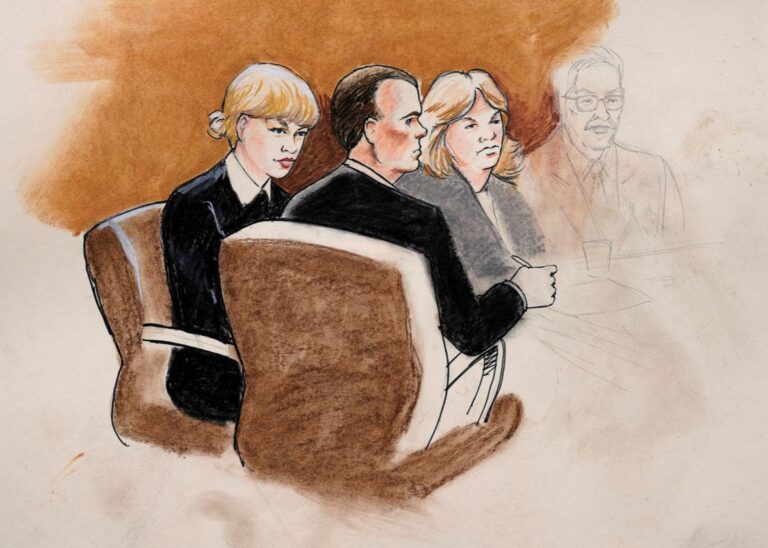The Transformation of Taylor Swift: How 2016 Altered Her Forever
For as long as I’ve followed celebrity culture, I’ve cared about Taylor Swift. I’m not a singer, and my foray into songwriting lasted about two weeks during seventh grade, but like countless others, I’m drawn to Swift as an artist and a celebrity. For years, the image she’d created for herself — that of a savvy, empowered feminist in shrewd control of her image — was both fascinating and inspiring. Few other stars, and even fewer women, have had the same power over their audiences as Swift. But over the course of this past year, her constant need to be in control started seeming not like a strength, but a fatal flaw. And instead of fans like myself being able to root for Swift’s success, we found ourselves feeling frustrated with and embarrassed for a person intent on playing the victim and incapable of owning up to her mistakes.
This would all come later in the year, though. Back in January, 2016 actually seemed poised to be a relatively quiet year for Swift. The worldwide tour for her album 1989 had ended back in December, and her relationship with Calvin Harris was several calm, scandal-free months in. The biggest headlines she nabbed were about hangouts with BFF Selena Gomez and visits to her new baby godson. Yet, just a few weeks later, that would all change. When Swift took the stage at Feb. 15’s Grammy Awards and called out Kanye West for that “Famous” shout-out heard ’round the world, she started a chain of events that, over the course of the year, would make it impossible for fans to support her.
At the time, however, the star’s appearance at the show, just days after West rapped “I feel like me and Taylor might still have sex / I made that b*tch famous” on The Life of Pablo, seemed simply like yet another display of her strength and poise in the face of criticism. West, after all, was not only wrong for calling Swift a “b*tch,” but he’d also allegedly used her name in the song without her permission. Swift’s rep alleged in a statement that West “did not call for

